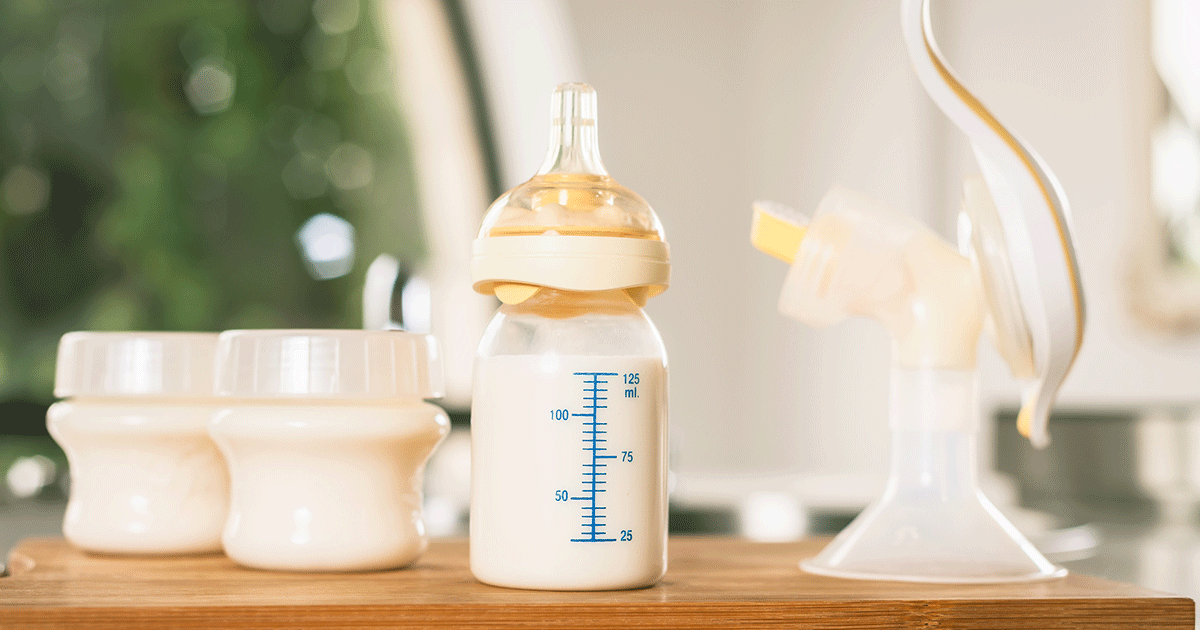Protections for nursing mothers in California were significantly expanded under a bill signed into law in October by Gov. Gavin Newsom. Senate Bill 142 clarifies employer obligations to provide breaks and safe, private locations that include specified accommodations. The bill increases penalties for noncompliance, prohibits discrimination and retaliation against employees who exercise or attempt to exercise their right to lactation accommodation and requires that employers implement a written lactation accommodation policy beginning Jan. 1, 2020.
Under SB 142, employers in California are obligated to provide a private lactation space, other than a bathroom, that must be in close proximity to the employee’s workspace, is shielded from view and is free from intrusion while the employee is using the space.
In addition, the room must comply with the following requirements:
- Be safe, clean and free from hazardous materials, as defined in Labor Code Section 6382.
- Contain a surface to place a breast pump and personal items.
- Contain a place to sit.
- Have access to electricity or alternative devices, including, but not limited to, extension cords or charging stations needed to operate an electric or battery-powered breast pump.
Employers must also provide access to a sink with running water and a refrigerator suitable for storing milk. If a refrigerator is not feasible, the employer should provide another cooling device, such as a cooler.
If the designated room is also used as an employee break room, as the employer’s office or for any other purpose, the room must remain completely private for the time it is in use for lactation purposes.
Any employer in a multitenant building or multiemployer worksite who cannot provide a compliant location within the employer’s own workspace may comply with providing a shared space among multiple employees within the building.
Employers of fewer than 50 employees may be exempt from compliance with an above requirement if they “can demonstrate that the requirement would impose an undue hardship by causing significant difficulty or expense in consideration to the size, financial resources, nature or structure of the employer’s business.” If the employer can demonstrate that providing a room or other location, other than a bathroom, would impose such undue hardship, the employer should make reasonable efforts to provide the employee with the use of a room or other location other than a toilet stall.
Penalties, required written policy
Penalties for noncompliance with the new law are similar to those imposed for missed meal and rest breaks. An employer’s failure to comply with an adequate space or reasonable break time could result in fines of $100 per day imposed by the Labor Commissioner, in addition to any fines or penalties for missed meal or rest breaks.
In another important development, employers must now include a written policy in the employee manual or a set of policies that includes instructions on how an employee can request an accommodation, how the employer should respond to the request according to the employer’s responsibility and how an employee can file a complaint.
Employees must provide a copy of the policy to employees upon hire and when an employee makes an inquiry about or requests parental leave.
As with any accommodation, employers are highly encouraged to comply or attempt to comply with all aspects of the law.
Obtaining an exemption for undue hardship may be hard to justify because, in reality, undue hardship is subjective; by definition, it is “an action requiring significant difficulty or expense.” An employer might claim, for example, that providing the employer’s private office or staff break room in a small dental practice creates an undue hardship when it might merely be an inconvenience to the employer or staff.
Use CDA Practice Support’s“Lactation Accommodation: Sample Policy and Compliance Instructions” available in the Employment Practices section of the Practice Support resource library. Practice Support is also updating the Sample Employee Manual, New Employee Checklist and other resources to reflect the new law.

